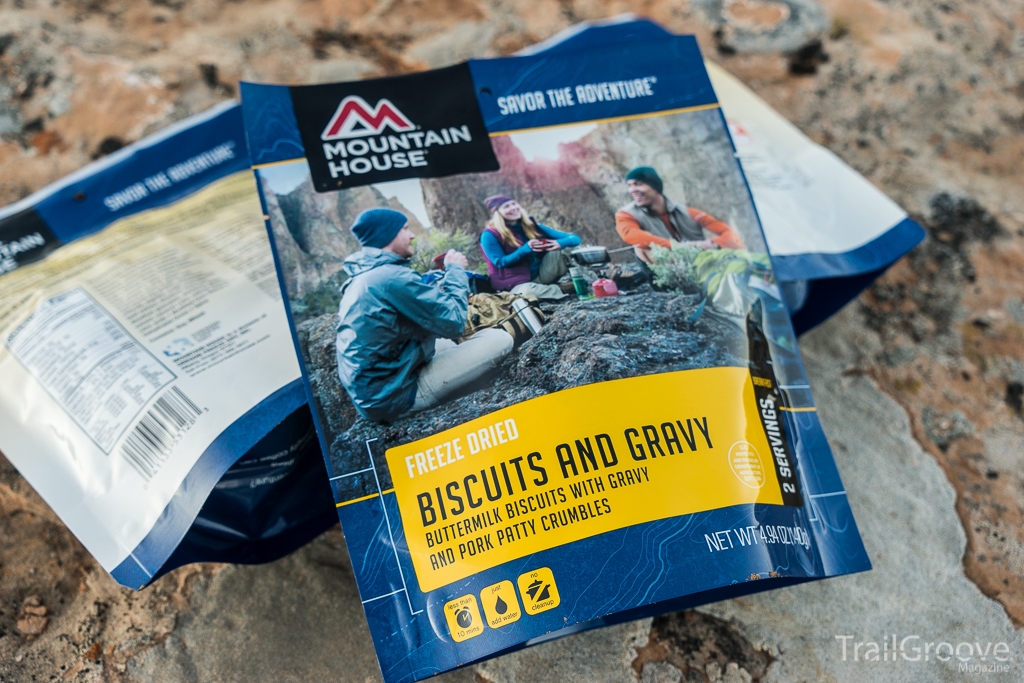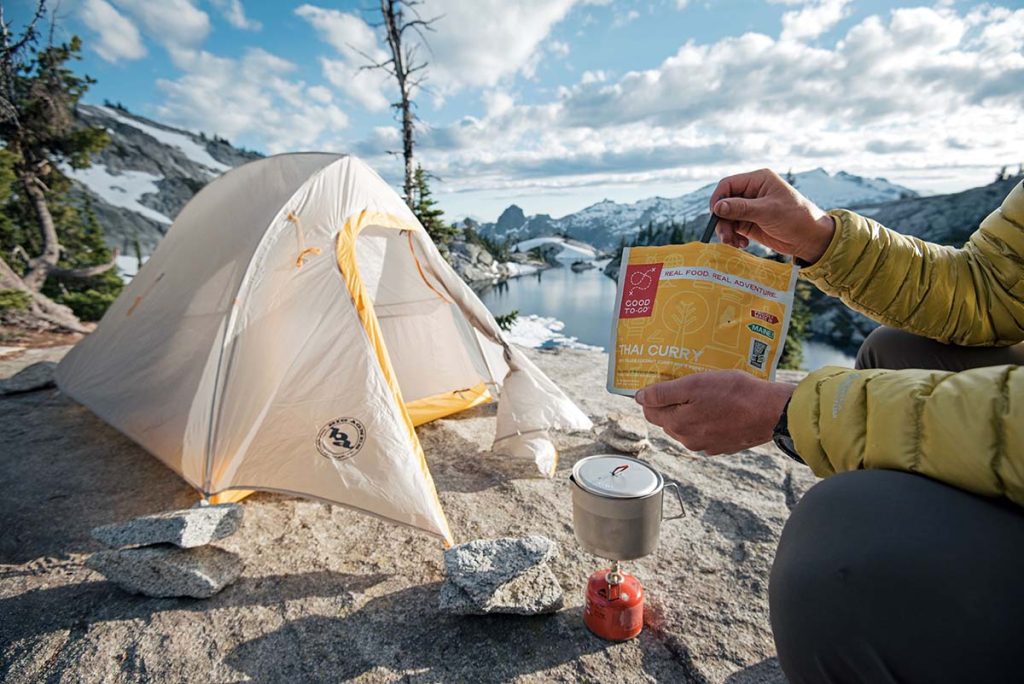Why Backpacking Meals Are Not Included on our Expeditions
September 19, 2024 | Nahua Expeditions
While it may seem convenient to have everything pre-arranged, the reality involves a complex web of logistical, practical, and personal considerations. From navigating local food availability to accommodating last-minute changes in guest lists, there’s more to this decision than it may seem. Exploring the reasons behind our approach reveals how allowing guests to source their own meals can streamline operations and better cater to individual tastes and needs on our expeditions.
What Are Backpacking Meals And Why Are They Ideal For Adventures Like These?
If you are curious about what backpacking meals are, and why they are so crucial for the types of lightweight backpacking or packrafting expeditions we embark on, we highly recommend reading our article “What Are Backpacking Meals And Why Are They Ideal For Adventures?”

Why It's Important For Each Guest to Choose and Source Their Meals
Now that we understand why it’s necessary—or at least a very good idea—to select backpacking meals as your food of choice on these types of expeditions, let’s understand how the plethora of options can drastically affect someones trip.
Choosing ones own meals for a backpacking expedition is not just about personal preference; it plays a crucial role in ensuring that travellers enjoy the food that they’re eating, and that the foods they choose align with their dietary needs and requirements.
An important thing to note, is that backpacking meals can definitely be hit or miss. A great meal for someone might taste super gross for someone else. We estimate that over 12,000 meals have been consumed on our expeditions since 2018, so we have definitely seen a lot. Sitting around the campfire with our guests whilst they try these meals, often for the first time, has been very educational in a way. Some meals are very well received by people, whilst others simply aren’t. Usually when a meal is either really good or really bad, we see it get passed around the circle for everyone to try, and then opine. Seeing such mixed reactions to these foods has left us confident that the right choice is to leave meal selection up to each guest.
Here are a few of the points we consider:
- Meeting Dietary Needs and Preferences
Guests may have unique dietary needs and preferences, whether due to health conditions, allergies, or lifestyle choices. By allowing guests to choose their own meals, we ensure that they can select options that meet their specific nutritional requirements. - Choosing Meals That One Will Actually Enjoy
Taste is highly subjective, and what’s appealing to one person might not be to another. Giving guests the choice with their own meals ensures that they bring foods they genuinely enjoy. - Familiarity with Brands and Recipes
Experienced travelers often have favourite brands or types of meals they trust for their adventures. Having guests choose their own meals means they can rely on products they are familiar with and enjoy. We wouldn’t want to limit guest’s choices and deny them the meals they know and trust.
A Transparent Look At The Logistical Challenges of Including Meals On Our Expeditions
Regrettably, backpacking meals like the ones our groups use are not available for purchase in the countries we visit for our expeditions. The reason for this is because there simply isn’t a large enough market for them in Latin countries.
Running our trips requires transporting all of the necessary equipment, including meal pouches for our guides and trip leaders. Transporting several hundred meals into foreign countries poses significant logistical challenges. For example, our Tzotzil season in southern Mexico requires us to travel with sometimes up to 560 meal pouches for guides alone. If we were to include meal pouches for all guests, for the entire season, that could amount to over 1,600 pouches. This in turn would create a considerable amount of physical volume, and present very complex logistics related to transport.
Transportation challenges aside, fluctuation in guest lists and group participants may be the main reason we haven’t committed to providing backpacking meals. Our guests can sign up for our expeditions at varying times—from over a year in advance to just a few weeks before departure. If we were to provide and transport meals for the entire group, we would need to finalize meal plans well before the groups arrival, as we can land in regions up to a month in advance to prepare.
This advance preparation is necessary to manage the logistics of transporting and handling such a large number of meals. However, this rigid planning would make it difficult to accommodate changes in guest lists or last-minute sign-ups. In other words, if a new participant joins or if someone’s meal preferences need to change after our meal program is set, we wouldn’t be able to adjust the meals to meet their specific needs. Thus, having guests bring their own meals offers the flexibility needed to address these changes and ensure everyone’s preferences are met.
In summary:
- Backpacking Meals are unavailable for purchase in the countries we visit. So if we were to include them, we would need to travel internationally with several hundred pouches. Furthermore, our trip leaders land in regions early to set up, so everybody’s meal selections would then need to be set and purchased well in advance from the trip. Due to possible guest-list changes which can happen very close to the trip date, it would be impossible to accommodate certain group members.
The solution:
- In contrast to our team, guests may have up until the date of their departure to purchase and select their backpacking meals. This flexibility ensures that everyone who joins our expeditions is satisfied and has their backpacking meals of choice.

Final Thoughts
In conclusion, the decision to not include meals on our expeditions reflects a thoughtful approach to addressing both logistical and personal needs. While the transportation and management of thousands of meal pouches would present significant challenges, allowing guests to select and bring their own meals allows for seamless and personalized individual meal programs. By giving guests the freedom to choose meals that meet their dietary requirements and personal tastes, we aim for this approach to enhance overall enjoyment and flexibility for our guests. This approach not only simplifies operational logistics but also accommodates dynamic changes in guest lists, and ensures that everyone joining our groups has full control of their meals.
What's Next?
If you’re getting ready for an upcoming adventure, consider reading our article How to Pack Food for Our Expeditions. This post will guide you, in depth, on everything you will need to know to prepare for one of our expeditions.
